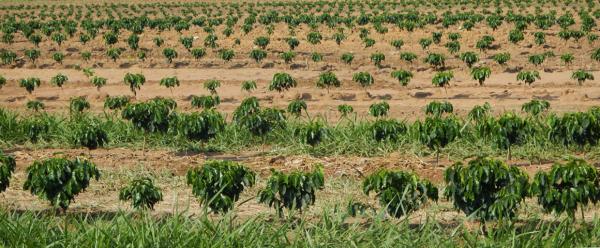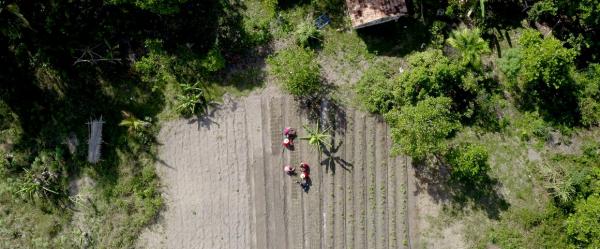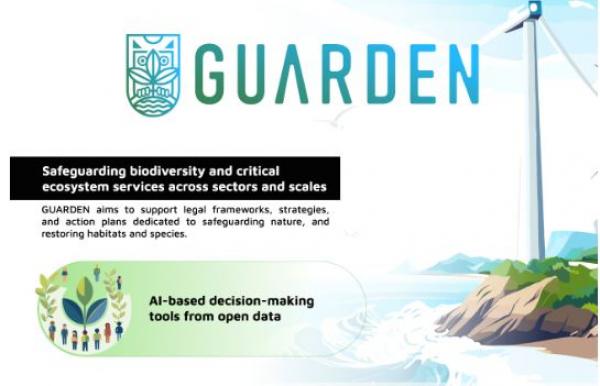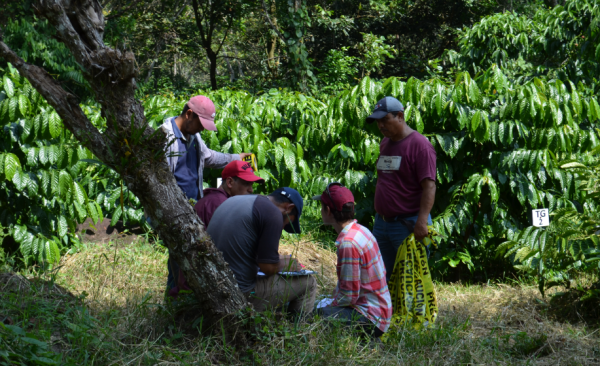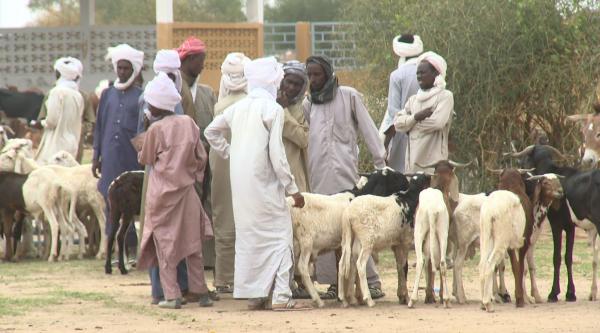Science at work 6 May 2024
- Home
- Our activities, our impact
- Priority research topics
- Climate change

Climate change
The main scientific operations are analyses of climate-biological systems-environment-society interactions, of the mechanisms that ensure reduced vulnerability, and of climate change adaptation policies, identification of levers for adapting systems, capacity building, and capitalization of information.
The main scientific operations will be:
Analyses of climate-biological systems-environment-society interactions. there have already been considerable multidisciplinary research efforts at some of these interfaces; however, it is important to sustain those efforts in order to assess the interactions in their entirety. In particular, it is vital to study the different functions of agriculture and its place within a more open, uncertain social, economic and political system. The challenge is to analyse the various interactions and identify appropriate levers for working with farmers to build varieties, animal races and crop management sequences, and with other stakeholders to construct the social changes that will complement public policy. This calls for observation instruments, capitalization of data and experiences and use of models (of climate, production, etc), which serve to characterize such interactions better and to anticipate, for instance, imbalances such as emerging diseases or invasions.
Identification of biological, ecological, biophysical and technical levers for adapting systems , which will help adapt systems, mitigate climate change and boost resource use efficiency and preservation (for instance water, soils and biodiversity).
Analyses of the various facets of the mechanisms that ensure reduced vulnerability (economic, social, political, food, health and environmental), to build solutions tailored to situations in the global South.
Analyses of climate change adaptation policies and of its mitigation and relevant regulatory systems , their coherence and compatibility with local situations, and their impacts on inequalities, livelihoods and the vulnerability of both people and ecosystems. The policy and economic instruments developed by the international community (Paris Agreement, climate finance, IPCC, 4 per 1000, AAA Initiative) must be viewed in the light of the specific context of tropical climates and countries in the global South. It is therefore important to conduct research in those countries to analyse interference between local realities and climate policy.
Capacity building and capitalization of information for producers and development players.

























